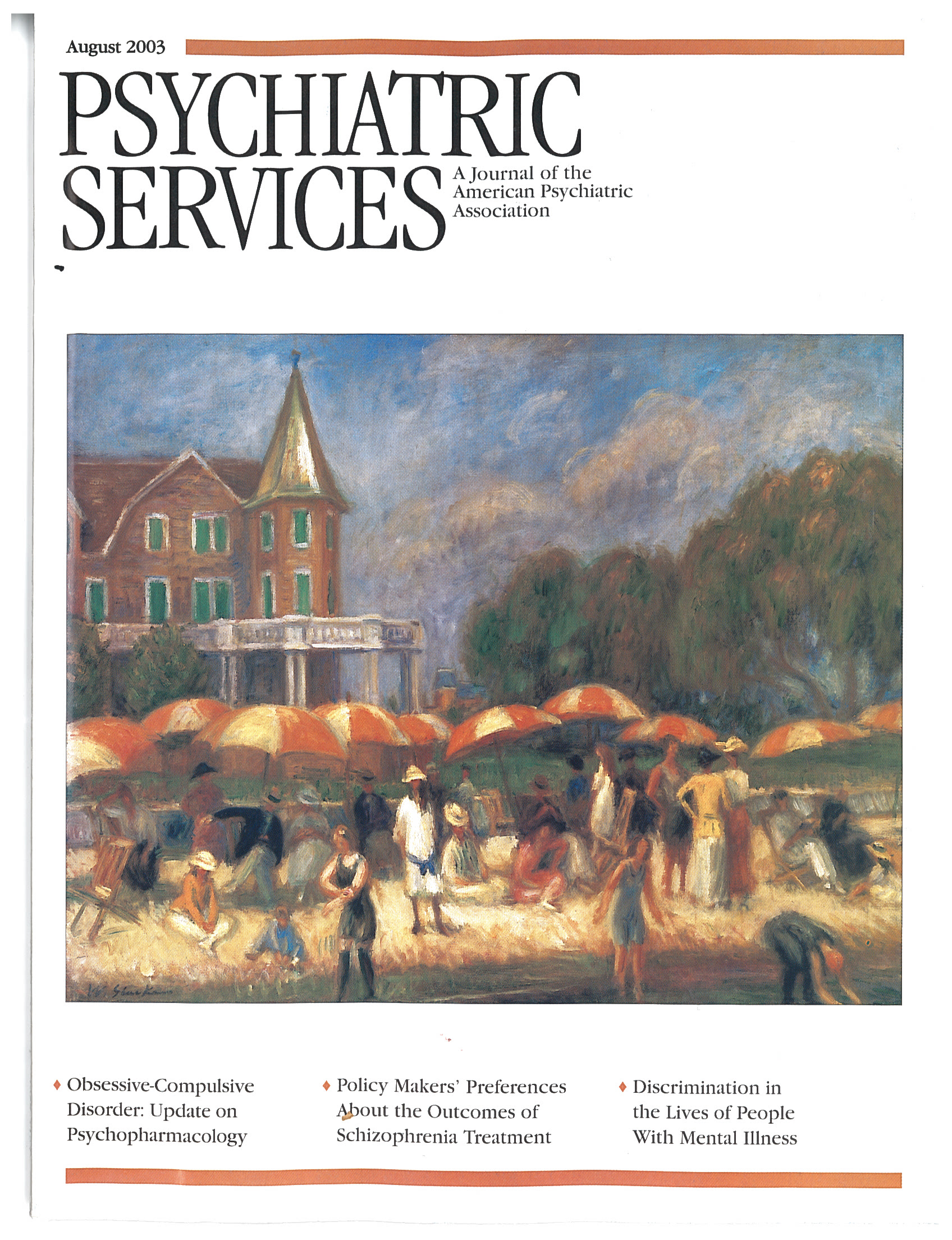In the tradition of
Mount Misery (
1) (written from the perspective of a psychiatrist),
Insanity, Inc. (
2) (a registered nurse),
Gentle Asylum (
3) (a social worker), and
One Flew Over the Cuckoo's Nest (
4) (a research subject), Jaina Bell's novel,
Retards, Rebels, & Slackers, is based on the author's experiences in the greater world of mental health care—in this case as a residential staff person in a community home for individuals with mental retardation. It is clear that the "retards" component of Bell's title refers to the residents who have developmental disabilities and that "slackers" refers to many of the staff. Who the "rebels" are is unclear.
Bell's novel is potentially dangerous in the same way that Kesey's One Flew Over the Cuckoo's Nest was. The uninformed were frightened by Kesey's portrayal of electroconvulsive therapy, a portrayal that has had a ripple effect to this very day. Bell paints a picture of the community residential program for individuals with developmental disabilities that would make most people shudder at the thought that one of their relatives or someone they cared about resided in such a facility.
The individuals who live in the various residential programs under the auspices of the provider agency for which Bell works are best characterized as having moderate to severe mental retardation. Some of these individuals are verbal, and some are not. Although a few are docile, many are assaultive and attack other residents and staff. Biting is a frequent means of assault. As much as Bell paints a picture of the clients as misfits, she provides an even more dramatic portrayal of the staff as misfits.
Many of the staff, including Bell, are themselves homeless and sleep at the residential facility whether they are on duty or not. On- and off-duty activities include drinking alcohol, smoking marijuana, using cocaine, making drug deals, and having sexual intercourse. The sexual intercourse is confined to the staff—there is no evidence of sexual abuse of residents.
The staff's interactions with the developmentally disabled residents include affectionately calling them "retards" and intermittently being sadistic—toying with the residents for kicks and administering extra doses of antipsychotic medication, which are hidden in the residents' food. An analogy is made between training "the low functioning D.D's" and training a dog. The staff make statements such as, "Working here is like being trapped in a cartoon." On the other hand, the staff come across as caring and supportive, becoming angry with people in the community who discriminate against their clients.
People who are concerned about whether individuals with developmental disabilities who live outside large institutional settings, such as developmental centers or state schools, receive appropriate medications will get no reassurance from this novel: "I went to McCurdy's room to get her up and give her her Lithium, I got Nerissa up and gave her her Haldol, and I gave Sadie her big handful of drugs, which included Mellaril, Risperdal, Prozac, and Thorazine. Sadie was insane."
There is an interesting subtext of the staff's struggling to balance respect of clients' rights on one hand against protection from the outside world on the other. Unfortunately, sometimes staff resort to what amounts to physical abuse of clients to "get them going." As is portrayed in the novel, it is not always clear that the underpaid, undereducated, and underappreciated staff always have choices. It really is as if they live in a war zone.
The book describes emergency after emergency requiring outside interventions from paramedics and from the police. These "outsiders" frequently inquire about the appropriateness of the residents' living in the kind of facility portrayed in the novel: "Does she really need to be living in a home like this? Don't you think she belongs in the state hospital?" asks one of the paramedics on one of many rescue missions.
The stress and strain on the staff are well portrayed. As Bell says, "My spirit was in limbo, suspended above this drama, waiting anxiously for me to get out, and get on with my life, I couldn't do this indefinitely." Dealing with diapered and intermittently incontinent adults, some of whom have hepatitis and seem unable to learn from experience, is, as portrayed in the novel, simply overwhelming. The behavior of one resident who is being tested for hepatitis is described as follows: "Dennis came down the hall from his room, hands down his pants, he pulled them out, and trailed shit along the walls, his feces-covered hands finally coming to rest on the kitchen table."
The various plots are basically much less important than the descriptions and the general sense of life the book conveys. Near the end of the novel, the agency for whom the staff works goes bankrupt, and a much more "politically correct" agency takes over. Although this group does things by the book, there are many indications that doing things this way is actually less humane than the care provided by the "slackers." The reader is left wondering whether the individuals living in these residential programs would be better off if most of the time they had no staff present whatsoever—a condition I once encountered and described in the book
Psychiatric House Calls (
5).
Who should read Retards, Rebels, & Slackers? I have no idea! Certainly not the uninitiated, for they will be frightened and misled; probably not the well initiated, for they may feel that their reading experience is no more than a busman's holiday; and most likely not policy makers and politicians, who, in this climate, could take this information as a basis for defunding adult residences for persons with developmental disabilities. It is unfortunate that it would be better if a large percentage of the potential readership never read the book, because the book is as engaging and entertaining as much of the fiction currently available. Maybe you, the readership of Psychiatric Services, could read Retards, Rebels, & Slackers and let me know who you think its audience is.

